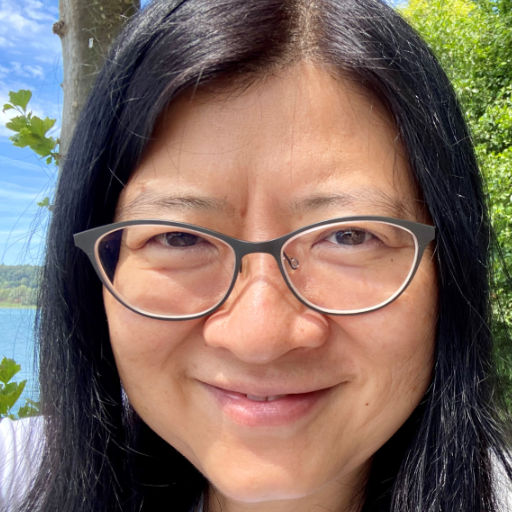Please note:
On this page you will only see the English-language presentations of the conference. You can find all conference sessions, including the German speaking ones, here.
The times given in the conference program correspond to Central European Time (CET).
Modeling Conversations in Complex Collaboration — A Practice-Based Sociotechnical Workshop
Architecture is not just the outcome of our decisions, but the product of the conversations that lead to them. In complex work, what’s often missing is the conversation that never happened — doubts left unspoken, assumptions untested, voices unheard.
This hands-on workshop treats conversation as a modeling practice and a first-class design concern. Through interactive exercises, you will experience how conversations amplify collaboration and shape collective understanding. Anchored in a realistic domain scenario exploring Agentic AI, you will practice conversational Architecture Decision Records (ADRs) — learning how to turn human concerns into architecture questions, and questions into meaningful technical, social, and organizational decision criteria.
Join this workshop to practice conversational sociotechnical design, and to level up collaborative modeling and architecture decision-making under complexity.
Maximum number of participants: 25
Target Audience: Architects, Engineers, Team Leads, Agile Professionals, Business Analysts
Prerequisites: Anyone interested in collaboratively tackling technical and human complexity
Level: Practicing
Extended Abstract:
In complex software work, collaboration often looks active but feels fragile. Teams meet, plan, and document decisions — yet energy drops, ownership blurs, and important concerns remain unspoken. Because how we talk shapes how we decide, our systems inevitably carry traces of the conversations that shaped them.
This workshop treats conversation as a first-class design concern. Participants will explore how conversations amplify collaboration, help groups become communities, and influence architecture decisions under sociotechnical complexity.
Join this workshop to:
- Explore why conversations matter in complex collaboration
- Learn core sociotechnical and complexity concepts (e.g. coherence vs. alignment, stability vs. variation, social vs. technical systems) through an interactive reverse-classroom experience
- Experience conversation as a modeling practice, alongside modeling work and modeling collaboration
- Practice a conversational and human-centered approach to Architecture Decision Records (ADRs)
- Turn emotions and human pressure into architecture questions, and questions into technical, social, and organizational architecture characteristics
- Build practical skills for designing and facilitating conversations that lead to clearer decisions, stronger ownership, and more resilient outcomes
This highly interactive workshop is designed for architects, engineers, and technical leaders working in complex sociotechnical environments and for those who see themselves as change agents at heart.
consultant and sociotechnical architect
Xin Yao is an independent consultant and sociotechnical architect based in Copenhagen. She helps organizations across Europe navigate complex design challenges and modernization efforts through Domain-Driven Design, collaborative modeling, and conversational leadership. Drawing on complexity thinking, sociotechnical design, and years of experience as a chief architect and facilitator, Xin supports teams in building alignment, coherence, and better decisions. She frequently speaks and contributes at conferences such as DDD Europe, KanDDDinsky, OOP, JAX, Øredev, CoMo Camp, FlowCon, and Craft



